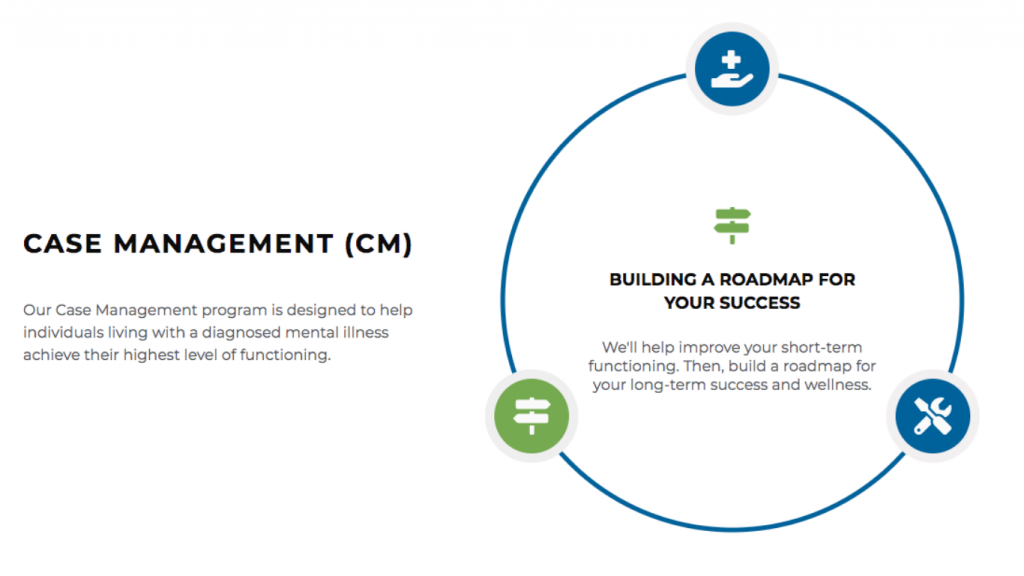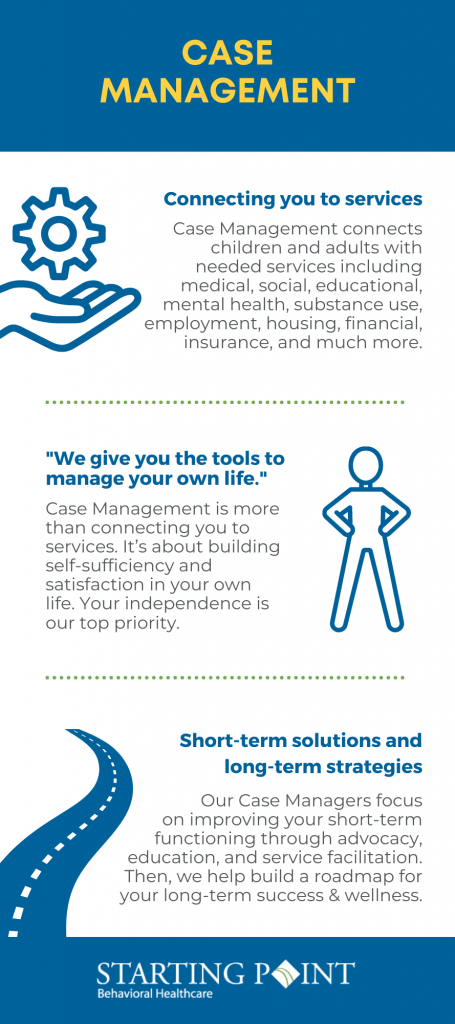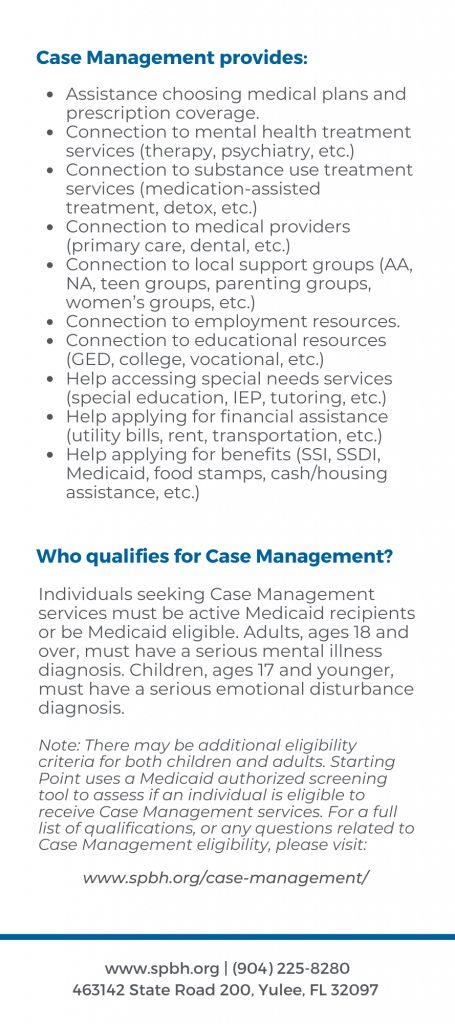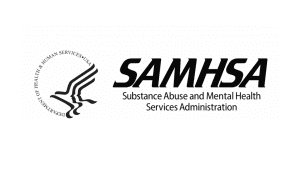What is Case Management and how can it help me or someone I love? [Infographic]

If you are an adult living with a diagnosed serious mental illness or a child living with a serious emotional disturbance diagnosis, we know that moving through life can be challenging. Our Case Management program is designed to give you the tools you need to effectively manage your own life. We have a team of Case Managers that are resource connectors, educators, and advocates for your mental and social wellness.
In this post, we’ll dive into Case Management – describe what it is, outline the different types of Case Management, and demonstrate how Case Management can help you or someone you love to meet and exceed wellness goals.
What is Case Management?
Our Case Management program is designed to help individuals living with a diagnosed mental illness achieve their highest level of functioning. We focus on 3 primary objectives:
- Connecting You to Services: Case Management connects children and adults with services needed to advance their well-being.
- Giving You the tools to Manage Your Life: Case Management is about building self-sufficiency and satisfaction in your own life. Don’t worry, we’ll give you the tools to get there!
- Building a Roadmap for Your Success: We’ll help you improve your short-term functioning. Then, build a roadmap for your long-term success and wellness.
Case Management Provides:
- Assistance choosing medical plans and prescription coverage
- Connection to mental health treatment services (therapy, psychiatry, etc.)
- Connection to substance use treatment services (medication-assisted treatment, detox, etc.)
- Connection to medical providers (primary care, dental, etc.)
- Connection to local support groups (AA, NA, teen groups, parenting groups, women’s groups, etc.)
- Connection to employment resources (GED, college, vocational, etc.)
- Connection to education resources (GED, college, vocational, etc.)
- Help accessing special needs services (special education, IEP, tutoring, etc.)
- Help applying for financial assistance (utility bills, rent, transportation, etc.)
- Help applying for benefits (SSI, SSDI, Medicaid, food stamps, cash/housing, assistance, etc.)
Meet the Case Managers
From left to right, top to bottom: Kenya Holmes, Kathy Moore, Jordan Daniels, Elizabeth Roberts, Chantal Prescott, Casey Yates, Mia Clurkley-Roberts
Why Someone May Need Case Management Services
If you or someone you know meets the following conditions, then they may benefit from Case Management services at Starting Point or another Case Management provider.
- Is enrolled in a Department of Children and Families adult mental health target population.
- Has a mental health disability (i.e., severe and persistent mental illness) which requires advocacy for and coordination of services to maintain or improve level of functioning.
- Requires services to assist in attaining self-sufficiency and satisfaction in the living, learning, work, and social environments of choice.
- Lacks a natural support system with the ability to access needed medical, social, educational, and other services.
- Requires ongoing assistance to access or maintain needed care consistently within the service delivery system.
- Has a mental health disability (i.e., severe and persistent mental illness) duration that, based upon professional judgment, will last for a minimum of one year.
- Is awaiting admission to or has been discharged from a state mental health treatment facility.
- Has been discharged from a mental health residential treatment facility.
- Has had more than one admission to a crisis stabilization unit (CSU) or a short-term residential facility.
- Is at risk for institutionalization because of repeat hospitalizations during the last 12 months.
- Is experiencing long-term or acute episodes of mental impairment that may put the individual at risk of requiring more intensive services.
The Different Types of Case Management
There are a few different types of Case Management that Starting Point provides. Each type of Case Management is designed to help Nassau County and Northeast Florida residents achieve their highest level of functioning.
- Community Mental Health Case Managment: provides case management services to adults with a serious mental illness or children with a serious emotional disturbance. Community Mental Health Case Management assists them in gaining access to needed medical, social, educational, and other services. Community case management is a voluntary service.
- Forensic Case Management: provides mental health services to individuals with a serious mental illness or substance use disorder diagnosis who have been adjudicated ‘not guilty by reason of insanity/incompetent to proceed trial’ or who have been incarcerated or involuntarily hospitalized at the state mental health facility. These individuals are placed on conditional release to receive forensic monitoring and referrals to needed supports in the community.
- SOAR Case Management: assists individuals experiencing or at-risk for homelessness who have mental illness and/or a co-occurring substance use disorder or other medical impairments. SOAR Case Management helps these individuals apply for Social Security disability benefits. SOAR case managers also assist people with disabilities who would have difficulty applying independently for SSI/SSDI benefits.
How to Access Case Managment Services at Starting Point
Individuals interested in receiving Case Management Services must be evaluated by a clinician, be Case Management eligible, and receive a referral to Case Management services at Starting Point. For a full list of eligibility criteria and qualifications, please visit the Case Management web page and review the Frequently Asked Questions (FAQS) by scrolling to the bottom of the page.
For additional questions related to Case Management or if you are a referring agency or provider interested in partnership, please reach out to Starting Point’s Case Management Supervisor, Mia Clurkley-Roberts at mbroberts@spbh.org.
Posted In:
Like this post? Don't forget to share it!
MORE RECENT POSTS












